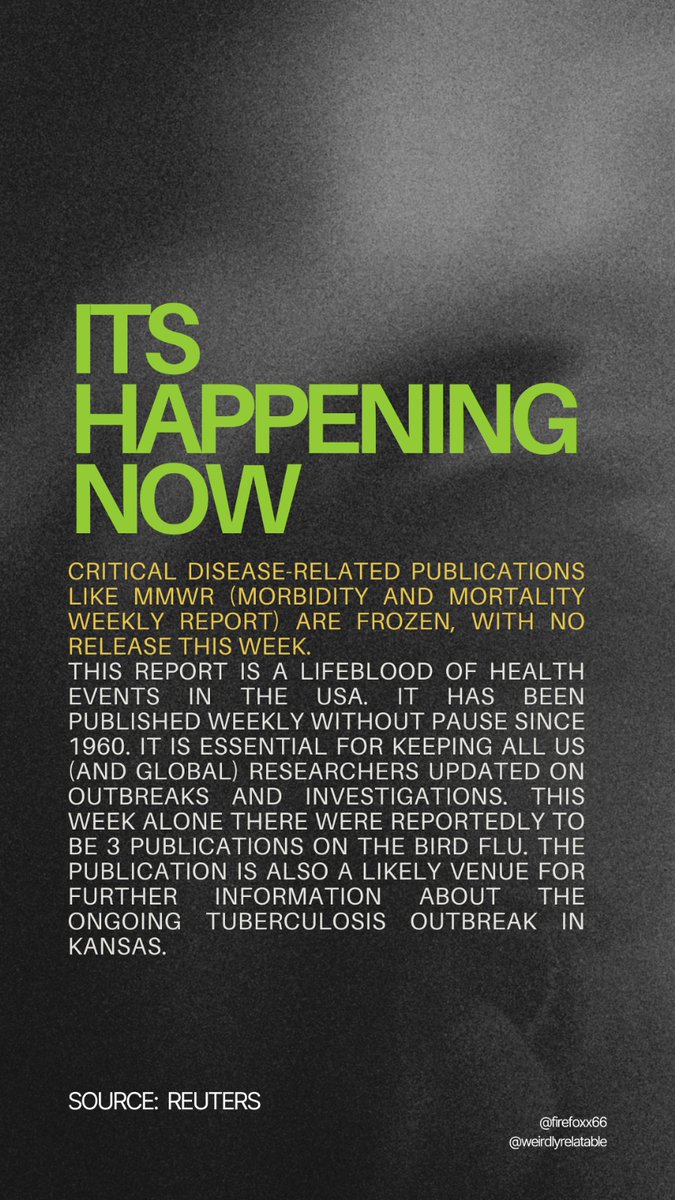A few weeks ago we were told it was "simply not possible" to ban gatherings, close schools, work from home.
Now we are told it's "simply not possible" to scale up testing for #COVID19 #SARSCoV2 #hCoV19
"Simply not possible" simply isn't an acceptable answer.
Now we are told it's "simply not possible" to scale up testing for #COVID19 #SARSCoV2 #hCoV19
"Simply not possible" simply isn't an acceptable answer.
When you hear this in any regard - street cleaning, minimum wage, healthcare - you can translate it to basically "We aren't willing to place the same value on this as other countries."
Because /they've/ scaled up testing. And we can too.
Because /they've/ scaled up testing. And we can too.
We *ALL* have only /one/ goal right now: save lives.
If we unite around this, we can make anything "simply possible." Govts, industry, universities, healthcare must work together - med students, lab techs, postgrads, & public can be recruited to this effort.
Industry can pivot.
If we unite around this, we can make anything "simply possible." Govts, industry, universities, healthcare must work together - med students, lab techs, postgrads, & public can be recruited to this effort.
Industry can pivot.
But we're going to need guarantees for those who leave their regular work for this: that they have jobs to return to, that they'll be paid for their work, that they're properly trained.
Businesses need efforts will be recognised.
And it'll be a gargantuan organisation effort.
Businesses need efforts will be recognised.
And it'll be a gargantuan organisation effort.
But "simply not possible" is simply not an option.
Whatever the strategy by any country - we must #TestTestTest - we can't fight an enemy we can't see.
The sooner we embrace this - the sooner we start *making it possible*.
#COVID19 #SARSCoV2
Whatever the strategy by any country - we must #TestTestTest - we can't fight an enemy we can't see.
The sooner we embrace this - the sooner we start *making it possible*.
#COVID19 #SARSCoV2
• • •
Missing some Tweet in this thread? You can try to
force a refresh











